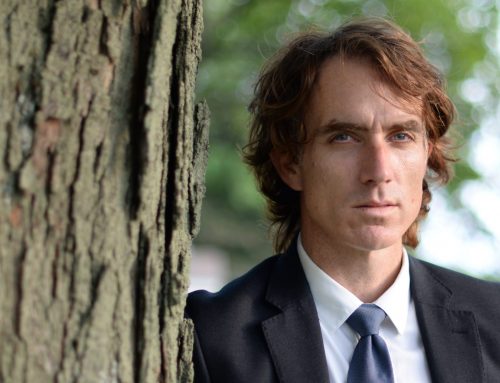After a week of dramatic testimony and revelations which made national news, the MCC is looking to be much quieter as we end the month of June. Today, there was a seven-person roundtable discussion on the mental health needs of families and communities after a mass casualty incident. On Thursday, there will be a similar discussion, focused on the needs of first responders after a mass casualty. There may yet be news, however, as we learned at the end of the day of proceedings that new letters from senior NS-based RCMP officers are being made exhibits, and will be available soon for viewing.
Part of the mandate for the Commission is to examine issues around supports offered to the families of victims, affected citizens, police personnel, and the community. That means that there is a requirement to try to understand what supports might have been seen to be effective in other cases, and to compare them to what has happened in Nova Scotia following the shootings. Like with other areas that are to be studied, the MCC has taken that requirement and adopted a very (and perhaps overly) thorough approach.
There was no discussion today of the specific events of the mass casualty of April 18-19, 2020 in Nova Scotia. Instead, the discussion (which lasted nearly five hours) was a broadly based one that brought in other examples of tragedies in other places, such as Norway, the 9/11 attacks in New York, and the Swiss Air crash of the coast of Nova Scotia.
The discussion was lead by Dr. Emma Cunliffe, who is the Research and Policy Director for the MCC. There were seven panelists (or, rather, roundtable participants) for the discussion. They were Grete Dyb from the University of Oslo, Levant Alten from Victim Support Europe, Mary Fetchet from Voices Centre for Resilience (a 9/11 support group), Great Village resident and former Norther Zone Grief Coordinator Serena Lewis, Megan McElheran from Wayfound Mental Health Group, Terry Mitchell from Wilfred Laurier University, and University of New York Associate Professor Jaclyn Schildkraut. The introduction portion of the discussion took half an hour to complete.
The disconnect between the expertise being offered and the actual events being analyzed detracted from the usefulness of the discussion. There were discussions on dealing with families, information sharing, media coverage, how support systems should be in place prior to the crisis, and other topics that are relevant to the NS mass shooting, yet it is left for all of us non-experts (which would include the Commissioners) to make the relevant linkages to the events being studied. It would have been more helpful to have these experts comment on what actually happened.
As it was, we were treated to a seminar on the language of trauma and grief (there were many “acknowledgements”, references to resiliency, and we learned that physical conditions worsening after mental trauma is a version of ‘somatization’) without a sense that there is a real answer to the question of how to effectively deal with the mental outcomes of a traumatic event.
Some of the ‘lessons’ include relationships being important, people needing to be able to express their grief and rage (and we need to ‘create spaces’ for that to happen), how things will never go back to how they were, and that systems should be in place to deal with a crisis prior to that crisis.
Lessons from Norway and 9/11 include the reality that grief lasts a long time. Studies show that after 10 or 15 years in those cases that grief was still strongly felt. These realities, and the general tenor of the discussion, seemed to indicate that nothing really “works”, in the sense that it removes the grief or anger from the life of the survivor. This is similar to a study on sentencing that we discussed in Prof. Archibald’s criminal law course at Dal Law, which was entitled “Nothing Works”. What it was trying to confront was the reality that some criminals reoffend, no matter what method of sentencing is employed. In the same way, some people are going to continue to grieve and be angry no matter what treatment might be available.
One part of the grieving process is for people involved to see that positive change emerges from the tragedy, so as to help that to the extent the tragedy is avoidable (or can be mitigated) those lessons should be learned. In that sense, the MCC itself is an important part of the healing for the survivors and the wider community.
Ms. Lewis made the only real reference to the events of the April 18-19, 2020 mass shooting by noting that it took place in a rural area that is small-c conservative, where stoicism is often the default manner of dealing with difficult events. I would actually argue that a well-developed stoicism is exactly what is required to get through difficult circumstances, but agreed with her suggestion that the hashtag #NSStrong was not helpful after the shootings. Putting things that way most likely prevented some people from expressing their grief in a healthy way, for fear that it would not be sufficiently ‘strong’ to do so.
The MCC is back on this Thursday for additional panel discussions on how to help those affected by mass casualty incidents.

